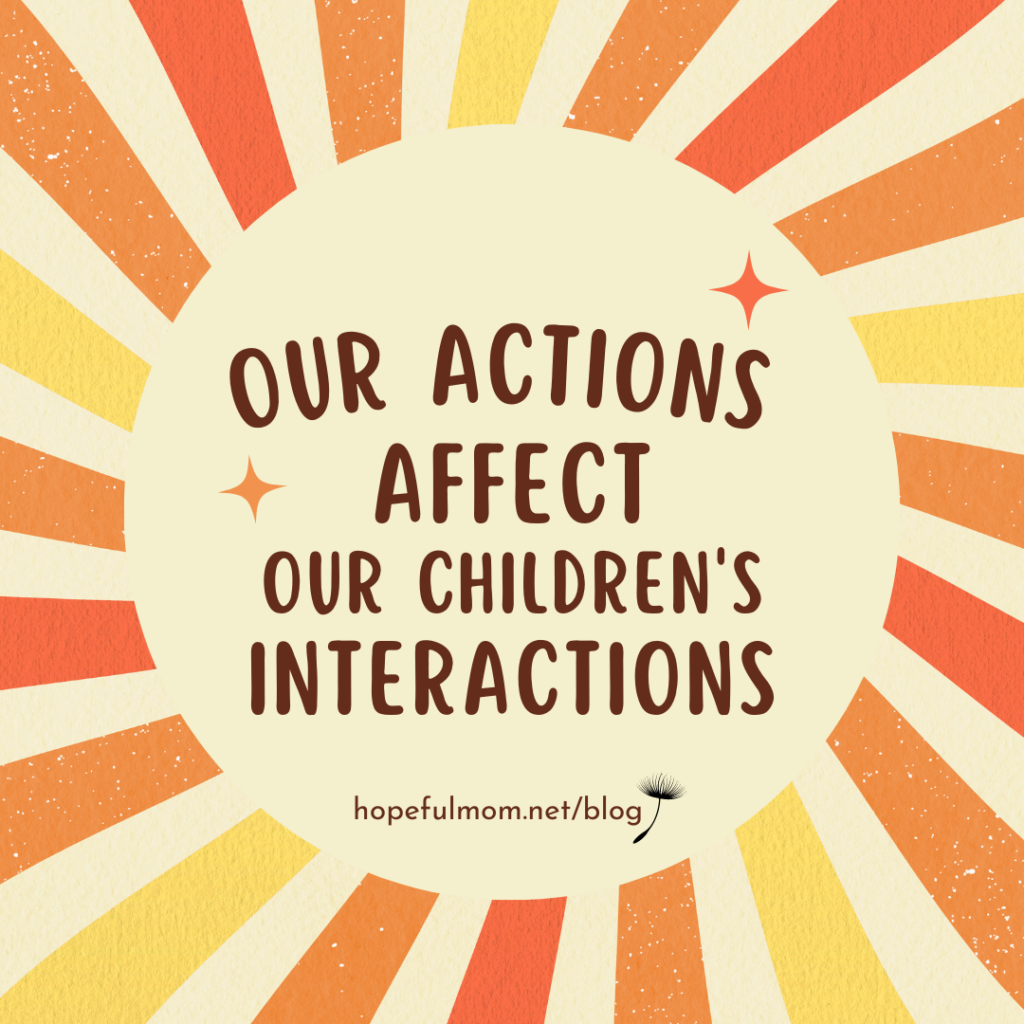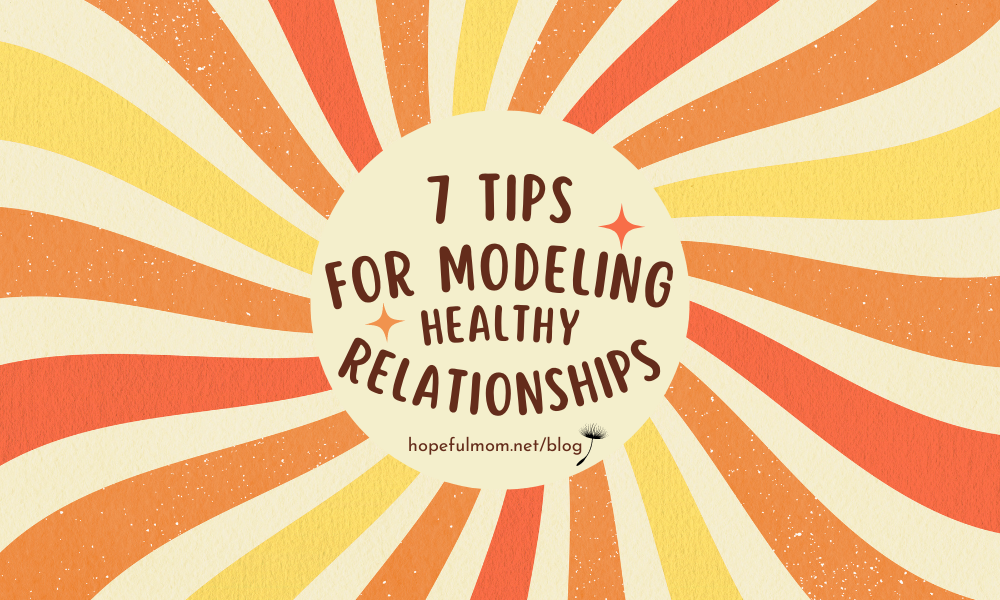I pulled into the driveway, opened the front door, and threw my keys on the counter. I saw the dirty dishes in the sink and sighed. After a long day at work, I wanted to put my feet up. But dinner needed tended to, and I had to prepare for an evening meeting.
“Any ideas for supper?” I asked my husband.
“Nope.”
My instinct was to ask him to get out of his chair and help me. Instead, I paused. If I spoke now, the words would not sound kind. Even though he sat with his feet up, I saw his computer in his lap with a document open. Research or writing for Sunday’s sermon. His day, while different than mine, had been filled with responsibilities.
My son, within earshot, also worked hard all day. No one left the dishes in the sink out of laziness or a desire to anger me. I took a cleansing breath, smiled, and began the process of prepping supper. “How was everyone’s day?”
Sometimes modeling healthy relationships is a chore, requiring intentionality and commitment. But in this digital age, this online world, where our children are influenced by social media, videos, and peers, exhibiting healthy relationships in the home is imperative.
Sometimes modeling healthy relationships is a chore, requiring intentionality and commitment. 7 Tips for Modeling Healthy Relationships #healthyrelationships #hopefulmom #parenting Share on XOur children are bullied online and in person. They are lured by predators who want to traffic them, pressured by peers to send nudes, and badgered in person to vape or drink. They observe influencers promote sexual promiscuity and entice them with money-making schemes. In the midst of these shaky circumstances, we should be modeling healthy relationships.
Even though our children, at times, don’t show it, we have a huge impact on their beliefs and behavior. Our actions affect their interactions.

Tips for Modeling Healthy Relationships
1 – Be Present. I have a pastor friend who says, “Be here while you’re here.” He means that we should be in the moment. Don’t mull over past problems when you should be listening. Don’t think about future tasks when you should be concentrating on the person in front of you. The to-do list can wait. Put the phone down. Don’t multi-task.
2 – Look Them in the Eye. Nothing says “I see you” like looking a person in the eyes. If we want our children to pay attention to us when we speak, we need to pay attention to them while they are speaking.
3 – Actively Listen. Sit quietly, nod, and listen for the purpose of reflecting back what you hear. Save your suggestions, advice, or admonishment until after you’ve heard them out and understand their message. We want to model this behavior with our children, as well as others. Our children witness how we treat our spouse, neighbors, friends, and co-workers. They will mimic our behavior.
4 – Ask Clarifying Questions. Messages aren’t always clear. Before jumping to conclusions, ask clarifying questions.
5 – Treat Your Spouse with Respect and Kindness. If we want our children to be treated with respect and kindness and treat their eventual spouse the same way, they need to see us demonstrate this behavior.
6 – Believe the Best. Believe your child, spouse, and others have pure motives. People are hurting. People have bad days. People have not been taught how to love others well. When we start with the presumption that the person interacting with us means well, we can respond in love.
7 – Treat Them How You Want to be Treated. We’re familiar with the golden rule. When you have a bad day, are tired, or in pain—when your spouse yelled at you and your children ignored you—take a deep breath. The relationship is far more important than winning an argument or completing the task at hand. Nurture the relationship, for your sake and for theirs.
For more in-depth information on modeling healthy relationships, order Sexpectations: Helping the Next Generation Navigate Healthy Relationships. Thanks for reading. Subscribe below!
About the author
Barb Winters is the author of Sexpectations: Helping the Next Generation Navigate Healthy Relationships and founder of Hopeful Mom. She’s a certified mental health coach and offers one-on-one consultations for parents. For more about Barb, click "About" in the menu.




Excellent suggestions and worthy of saving as a reference!
Thank you. Yes, we all need reminders now and again. 🙂